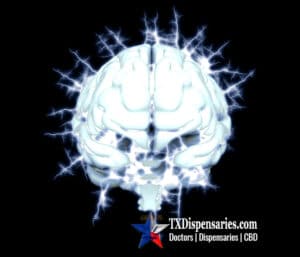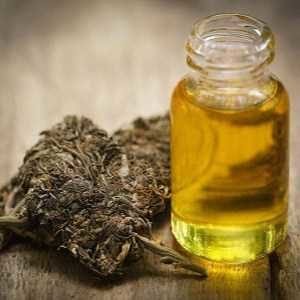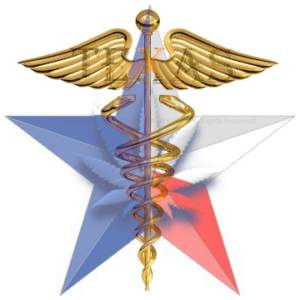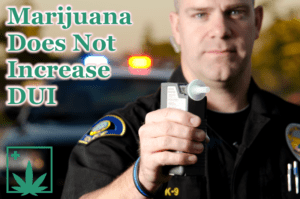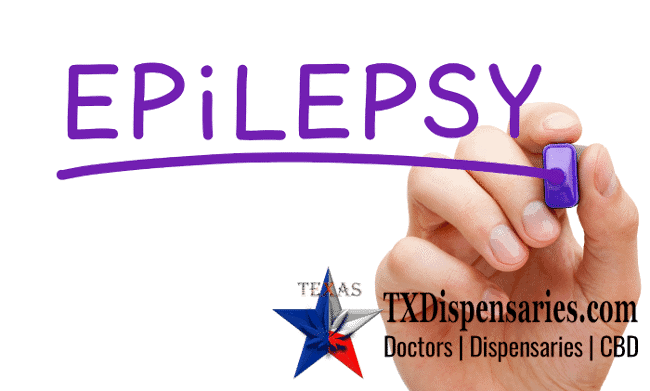
CBD Marijuana as Epilepsy Treatments
All Texas residents suffering from Epilepsy as well as other seizure disorders are now able to get High CBD Low THC medical cannabis. Intractable was the original Texas qualifying condition. This has now been expanded to include seizure disorders in general as well as several other serious medical conditions.
Medical Marijuana’s Effects On Epilepsy
“The results of a study of the electrophysiological mechanisms of action indicate that cannabidiol produces some unique effects … The anticonvulsant nature of cannabidiol suggests that it has therapeutic potential in at least three of the four major types of epilepsy: grand mal, cortical focal, and complex partial seizures.”
Not all the mechanisms are fully understood at this time. However, there are multiple theories as to why cannabis has an anti-seizure effect. It is well documented that cannabinoid receptors are densely distributed throughout the brain and central nervous system. For example, the hippocampus, a region of the brain known to encode memory and handle emotions, is greatly affected by cannabinoids. Medial temporal lobe epilepsy is caused by abnormal changes in these brain cells which can result in a feedback loop that induces convulsion and seizures. However, in lab rats, cannabinoids appear to have a protective effect on normal hippocampal cells while simultaneously deactivating the abnormal cells.Studies On Medical Marijuana or CBD For Epilepsy
Clinical studies on treating seizures with marijuana have been carried out since 1978. However, there has been a severe lack of research on cannabis as a stand-alone protocol. There have been a few studies and trials on the drug Sativex, a combination of CBD and THC.
Scientific literature and on CNN.
A very early anecdotal report from 1949 indicated that out of a handful of institutionalized children being treated with THC for epilepsy, one child remained seizure-free, and another showed a dramatic reduction in seizures.
In a report of a clinical study published in 1980 authors wrote:
“4 of the 8 CBD subjects remained almost free of convulsive crises throughout the experiment and 3 other patients demonstrated partial improvement in their clinical condition. CBD was ineffective in 1 patient. The clinical condition of 7 placebo patients remained unchanged whereas the condition of 1 patient clearly improved.”
In one experiment, 670 epilepsy patients were given either CBD extracts or CBD isolates for a period of 6 months to determine the effectiveness, side effects, and most effective dosages of CBD. All of the participants, prior to the successful CBD treatment, were known to be medication resistant and had shown no relief with traditional treatments.
Scientists thoroughly analyzed the differences in the effects of the extracts and isolates. Their findings indicated that seventy-one percent of the subjects who were administered the CBD extracts significantly reduced the frequency of seizures. Those given the CBD isolates showed a forty-six percent reduction.
Another study titled, “A meta-analysis of CBD treatment for epilepsy” showed CBD to be highly effective in treating specific types of epilepsy, and that CBD-rich extracts appear to have more potency than CBD isolates.
Researcher Chung Koo, in his 2017 publication in the Journal of Epilepsy Research asked the question, “Could Cannabidiol be a Treatment Option for Intractable Childhood and Adolescent Epilepsy?”
Three clinical trials on CBD oil and epilepsy backed up by significant data were examined by Koo. His paper reveals a one-year retrospective trial in which patients with refractory epilepsy in tuberous sclerosis complex received a dosage of 50/mg/kg daily. On average, the participants experienced half as many seizures as they did prior to the 12-month treatment.
In another clinical trial, fifteen subjects with secondary generalized epilepsy who received no benefits from traditional treatments were administered 200 to 300 mg of CBD a day, or a placebo. This trial went on for 4.5 months. All but one of the participants showed significant improvement in their symptoms. Only one placebo subject improved.
CBD is known to be well-tolerated and non-toxic in most patients. However, the lack of studies makes it challenging for mainstream medicine to come to viable conclusions in regard to cannabis and epilepsy treatment. More rigorous testing and quantifying studies will be needed to allow medical professionals to prescribe medical cannabis.
All this being said, there is one CBD-based drug known as Epidiolex which has been approved by the FDA for use in treating certain cases of intractable childhood epilepsy. In order to be approved, the drug had to pass muster on three separate clinical trials. Since CBD was federally legalized at the end of 2018, the use of Epidiolex no longer requires a prescription.
Links to some of the trials discussed in this essay can be found at the end of the article.
CBD Strains And Delivery Methods Available In Texas For Treating Epilepsy
Texas dispensaries offer a limited menu of medical marijuana to their patients. In keeping with state regulations, all cannabis products must contain less than one-half-percent THC and a minimum of 10 percent CBD. These high CBD and low THC blends are thought to be more effective than hemp-derived CBD oil containing no THC which is available over the counter.
Patients also have options for ingesting extracts of high-CBD, low-THC cannabis strains. Common delivery methods include smoking and vaping, edibles, capsules, pills, beverages, powders, tinctures, and liquids. Some of these delivery methods work better for certain patients than others, but the most common treatment involves an oral dose of cannabis extracts.
Patients suffering from epilepsy will first need to contact a certified medical marijuana doctor. An appointment can be set up by phone to determine if the patient has a qualifying condition. Virtual consultations can now be done online using medcard telemedicine.
Once the health care provider’s approval has been given to the patient, the name will be entered into the official state registry. The patient can immediately purchase the cannabis CBD products.

Sign Up for Medical Cannabis in TX
For potential medical marijuana patients we make it easy to connect with a recommending doctor online. You will also receive updates & news relative to medical marijuana in Texas. If you are interested, simply fill out the MMJ patient registration form to get started. Legal Residents Only.

MMJ Patient Registration Form

Sources and additional reading
- Historical perspective on the medical use of cannabis for epilepsy: Ancient times to the 1980s
- Cannabinoids, hippocampal excitability and efficacy for the treatment of epilepsy
- Cannabinoids in the Treatment of Epilepsy: Current Status and Future Prospects
- Medical Cannabis for Intractable Epilepsy in Childhood: A Review
- Epidiolex as adjunct therapy for treatment of refractory epilepsy: a comprehensive review with a focus on adverse effects
- Potential Clinical Benefits of CBD-Rich Cannabis Extracts Over Purified CBD in Treatment-Resistant Epilepsy: Observational Data Meta-analysis


